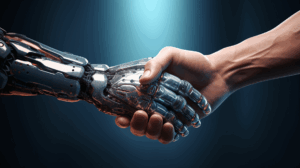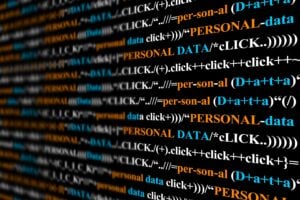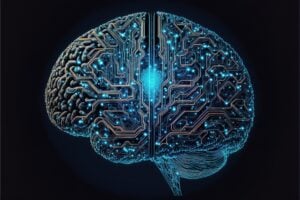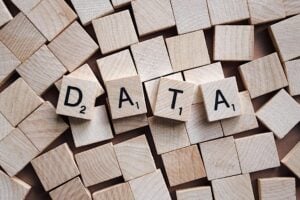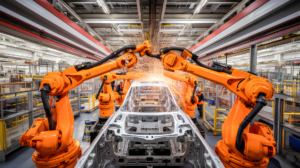According to Red Marker, automation is a type of software that follows pre-programmed rules. Artificial Intelligence (AI) is software designed to simulate human thinking. Machine Learning (ML) is a subset of AI that starts without knowledge and becomes intelligent. The difference between AI and automation is that AI aims to simulate human thinking. “Put another way; automation works with data — AI ‘understands’ data,” noted Red Marker.
Advantages vs. Disadvantages
These technologies overall will help streamline the unification of data analytics and insights. Already, platforms are available that tout just that, the gathering of data analytics to gain insights faster and more efficiently than humans can do on their own. Data after all is often fragmented, from multiple sources and siloed. These programs help bridge the gap, bringing data together for, hopefully, better insights in a more cohesive and reliable manner, with more reliable decision-making based on actionable information. This will ultimately lead to better strategic planning and the identification of better trends.
Still, there could be disadvantages to the growing use of technology, intelligent or otherwise. The unification of data analytics and insights requires a significant investment in terms of both financial resources and personnel. We think that, ultimately, trained personnel will still be required to manage these new systems, and that the “replacement” of humans is a bit exaggerated. But the sheer amount of data generated by unified systems can sometimes overwhelm users who lack experience working with large volumes of complex information.
Data’s Role In Storytelling
Speaking of data and the power of analytics, how do we start incorporating data translation and storytelling in our organizations in a more meaningful way? According to Neil Hoyne, Fellow at Wharton, there’s a huge gap that is steadily rising. It’s not enough to just gather more data, of course. You’re also going to need to hire more data scientists to analyze all that new data. Hoyne attempts to address what’s holding certain companies back from milking the most out of their “big data.” For more on this discussion, visit All Things Insights’ blog, “Translating Data into Action.”
Times Are Changing… As Always
So what are the implications that AI, machine learning, and automation have for both insights professionals and the industry at large? Fittingly, we thought we’d ask ChatGPT that very question and it gave an insightful response:
For insights professionals, AI, machine learning, and automation are beginning to change the way data is collected and analyzed. Automation can reduce the time required for mundane tasks such as data entry or data cleaning so that more time can be devoted to analyzing and interpreting results. Machine learning algorithms allow for faster analysis of larger datasets than ever before, allowing insights professionals to uncover trends in a fraction of the time it would take manually. Additionally, AI-powered tools like natural language processing (NLP) enable insights professionals to gain deeper insight into customer conversations by automatically extracting sentiment from text-based communication.
At an industry level, AI and machine learning are revolutionizing how companies make decisions based on data. By leveraging predictive analytics models powered by AI or ML algorithms, organizations can identify patterns in their customers’ behavior that may have gone unnoticed. This allows them to better anticipate customer needs and create tailored experiences that will keep them engaged with the brand over time. Automation also has implications for businesses when it comes to cost savings – automating processes like marketing campaigns or customer service inquiries can help reduce labor costs while still delivering quality outcomes at scale.
While there may be advantages and disadvantages to each one of these technologies and techniques, insights professionals must stay on the forefront of technological advancements, or perhaps be left behind in the process.
Contributor
-

Matthew Kramer is the Digital Editor for All Things Insights & All Things Innovation. He has over 20 years of experience working in publishing and media companies, on a variety of business-to-business publications, websites and trade shows.
View all posts

